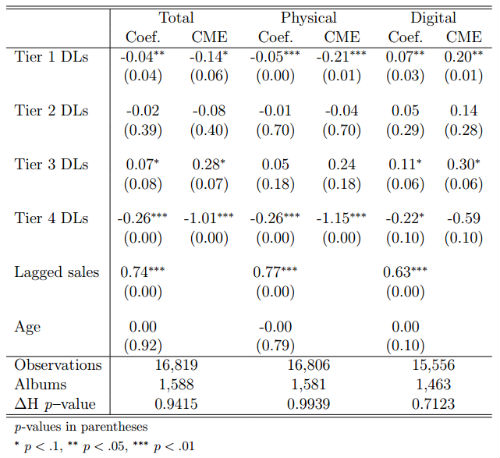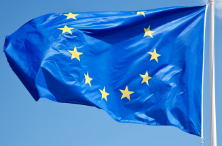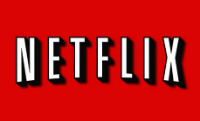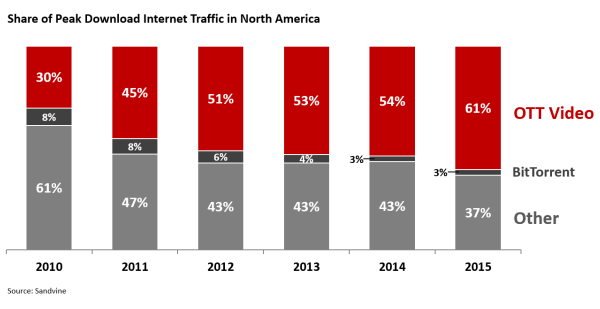Pirate Sites Decrease in Numbers, Increase in Strength
vendredi 22 janvier 2016 à 10:11 Over the past several years few individuals operating in the anti-piracy space have received more press than Henrik Pontén. Loved by rights-holders and hated by many pirates in equal measures, Pontén has been a thorn in the side of dozens of file-sharing sites.
Over the past several years few individuals operating in the anti-piracy space have received more press than Henrik Pontén. Loved by rights-holders and hated by many pirates in equal measures, Pontén has been a thorn in the side of dozens of file-sharing sites.
The chief lawyer of Rights Alliance, which counts major Hollywood studios among its members, Pontén has definitely made a unique mark on file-sharing history.
Deeply involved in the prosecution of The Pirate Bay, Pontén made many enemies. In 2009 a bizarre (presumed ‘pirate’) retaliation made headlines when his name was officially changed with Swedish authorities without his knowledge. To his disappointment, Pirate Pontén was born.
“The pirate movement have previously tried threats and when that doesn’t work, they do this,” Pontén said at the time.
In a new interview with IDG more than six years on, the anti-piracy chief acknowledges that his work has not always proven popular with the masses.
“A friend once said that if you want to upset anyone you should write about the Israeli-Palestinian conflict, wolf hunting or us,” Pontén says of Rights Alliance (formerly Antipiratbyrån).
Popularity has rarely appeared to been one of Pontén’s aims but somehow he has retained his dry humor. In contacts with TF over the years he’s always been polite and has often responded to our requests for comment with the tongue-in-cheek sign off “Sharing is Caring.”
But underneath the dry exterior is a man dedicated to his cause, one who has outlived many of the sites he’s targeted over the years. Not all have crumbled in his wake (not least The Pirate Bay), but the numbers are on the wane, he says.
“The trend is that the number of illegal services is decreasing. Two years ago, we looked at some 20 Swedish players, now it’s down to a few. They are distinctly uninterested in ceasing their operations because they earn good money from them,” Pontén says.
According to the anti-piracy veteran Rights Alliance contacts pirate sites before reporting them to the police. That gives them the chance to close down their operations before things get heavy, including raids, trials, potential prison sentences and millions in damages.
Pontén says that around half accept the offer to close. A few more stop after lawsuits are filed. Others, clearly, are much more persistent.
In the IDG interview Pontén is confronted with the fact that there have been a lot of court cases in Sweden against sites either run as hobby projects or generating marginal revenues. He counters by saying there is often a lag of several years between the filing of complaints and a prosecution.
Today, however, he suggests there are no more small fry in his home country.
“Of the services that remain in Sweden today, all are explicitly commercial and earn a lot of money,” he says.
“It’s a bit like the Internet in general. There are a few major players who are taking more and more space. The small sites disappear after a while,” Pontén notes.
Pontén is currently involved in a case against the operator of SwePiracy, a site that was first raided in 2012. The 24-year-old is accused of ignoring Rights Alliance warnings to close down and now faces claims for almost $3 million in damages from companies including Disney.
Also on the horizon lies the prosecution of SweFilmer, a site that was raided by police last summer. The site’s admin later revealed he’d been detained by police for four days.
Pontén says that those who believe that pirate sites are run by those who simply want to make content available for free will be surprised when they discover the commercial nature of that particular site.
“It will become clear,” he concludes.
Source: TF, for the latest info on copyright, file-sharing, torrent sites and ANONYMOUS VPN services.
 For more than a decade researchers have been looking into the effects of online music piracy on the revenues of the record industry, with mixed results.
For more than a decade researchers have been looking into the effects of online music piracy on the revenues of the record industry, with mixed results.
 During the past several days the issue of content geo-blocking has become a global hot potato after Netflix announced
During the past several days the issue of content geo-blocking has become a global hot potato after Netflix announced  Last week Netflix announced that it would
Last week Netflix announced that it would 
 In recent months Portuguese Internet providers have started to block
In recent months Portuguese Internet providers have started to block 